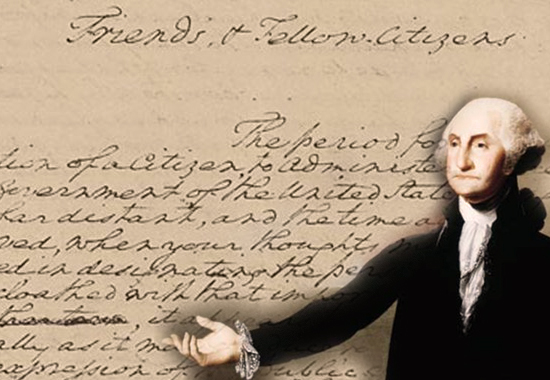 Franklin D. Roosevelt begins by talking about what state the nation is in, which is obviously a very hard one. He delivers his famous line, "the only thing we have to fear is fear itself".With the support of the American people he believed America as a nation could achieve anything it wanted. Roosevelt discusses the issues of the rising taxes and the inability to pay them. FDR says he will act as an advocate of democracy, in order to help the people and the nation. He restores the people's faith in the president, during this hectic time. He plans to also restore to economy and much more for the greater good of the people.
Franklin D. Roosevelt begins by talking about what state the nation is in, which is obviously a very hard one. He delivers his famous line, "the only thing we have to fear is fear itself".With the support of the American people he believed America as a nation could achieve anything it wanted. Roosevelt discusses the issues of the rising taxes and the inability to pay them. FDR says he will act as an advocate of democracy, in order to help the people and the nation. He restores the people's faith in the president, during this hectic time. He plans to also restore to economy and much more for the greater good of the people. FDR's look upon America and his goals relate to our president today. They both want to "make America to great again" by trying to help economy and people.
FDR's look upon America and his goals relate to our president today. They both want to "make America to great again" by trying to help economy and people.


 Woodrow Wilson created a list that he thought could make world peace happen. He suggests this as their plan, and says they should all stick together. It emphasized American morals and peace for the world. It also helped create peace in foreign countries following the end of the war...
Woodrow Wilson created a list that he thought could make world peace happen. He suggests this as their plan, and says they should all stick together. It emphasized American morals and peace for the world. It also helped create peace in foreign countries following the end of the war...

